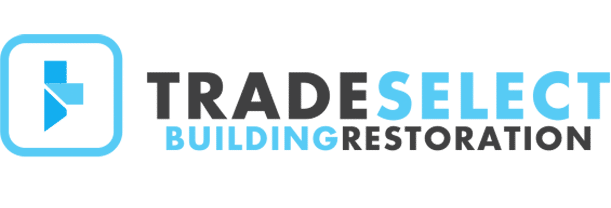Floods can cause significant damage to homes, leading to costly repairs and emotional distress for homeowners. However, by taking proactive measures and understanding how to minimize flood damage, you can protect your home and belongings.
In this blog post, we will discuss essential tips to help you mitigate the impact of floods and ensure a quicker and smoother restoration process.
- Understand Your Flood Risk:
Start by researching your local flood risk. Consult flood maps or reach out to your local authorities for information on flood-prone areas. This knowledge will help you assess the potential risks for your property and take appropriate preventive measures.
- Invest in Flood Insurance:
Consider purchasing flood insurance for your property, even if you are not in a designated high-risk flood zone. Standard homeowner’s insurance policies usually do not cover flood-related damages. Flood insurance can provide financial protection and peace of mind in the event of a flood.
- Maintain Proper Drainage:
Ensure your property has adequate drainage systems in place. Keep gutters and downspouts free from debris, regularly clean out storm drains, and ensure that water can flow away from your home’s foundation. Proper drainage helps prevent water from pooling around your property, reducing the risk of flooding.
- Install Sump Pumps and Backflow Valves:
Consider installing a sump pump in your basement or lowest level to prevent water accumulation during floods. Sump pumps can efficiently remove water and help minimize damage. Additionally, install backflow valves on your sewer lines to prevent sewage backup during heavy rains or flooding.
- Elevate Essential Systems and Belongings:
Raise critical utilities like electrical panels, HVAC systems, and water heaters above the flood level in your home. Similarly, store important documents, sentimental items, and valuables in waterproof containers or on higher floors to protect them from floodwaters.
- Develop an Emergency Plan:
Create a comprehensive emergency plan that outlines evacuation routes, designated meeting points, and communication strategies for your family members. Ensure everyone understands the plan and knows how to respond promptly in case of a flood.
- Install Flood Detection and Alarm Systems:
Consider installing flood detection systems that can alert you to rising water levels in your home. These systems can provide early warnings, allowing you to take immediate action and potentially minimize flood damage.
- Regularly Maintain and Inspect Your Property:
Perform routine inspections of your property to identify and address any vulnerabilities. Check for cracks in your foundation, damaged roof tiles, or gaps around windows and doors. Prompt repairs and maintenance can help fortify your home against potential flood damage.
- Seek Professional Assistance:
In the unfortunate event of a flood, don’t hesitate to seek professional assistance from a reputable water restoration company. These experts have the knowledge, experience, and equipment to efficiently mitigate flood damage, restore your home, and prevent further issues such as mould growth.
While preventing floods entirely may not always be possible, taking proactive steps to minimize flood damage can make a significant difference. By understanding your flood risk, investing in flood insurance, maintaining proper drainage, elevating critical systems, and being prepared with emergency plans, you can safeguard your home and belongings. Remember, professional assistance is crucial during restoration, so contact a trusted water restoration company to ensure a swift and efficient recovery from flood damage. Stay safe and be prepared!
Contact a professional mould remediation company to assess the situation and develop a remediation plan. Disturbing mould colonies without proper precautions can cause the spores to spread, potentially exacerbating the problem. Professionals will safely remove the mould and take measures to prevent its recurrence.
Remember, these answers provide general guidance, but it’s always best to consult with professionals for specific advice tailored to your situation and location.


